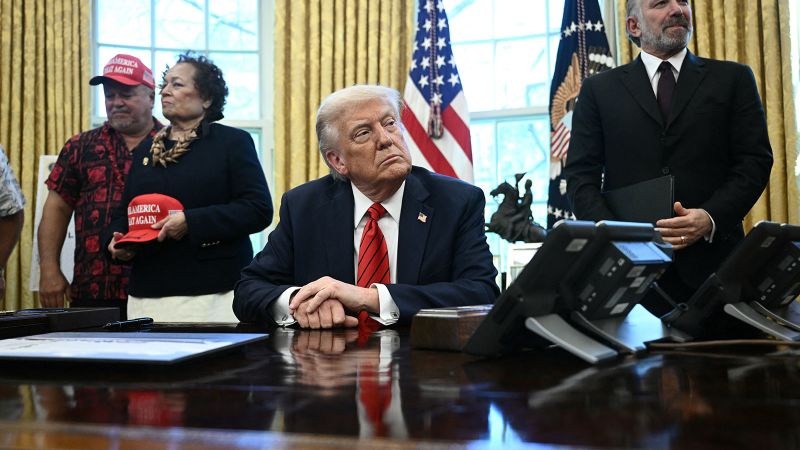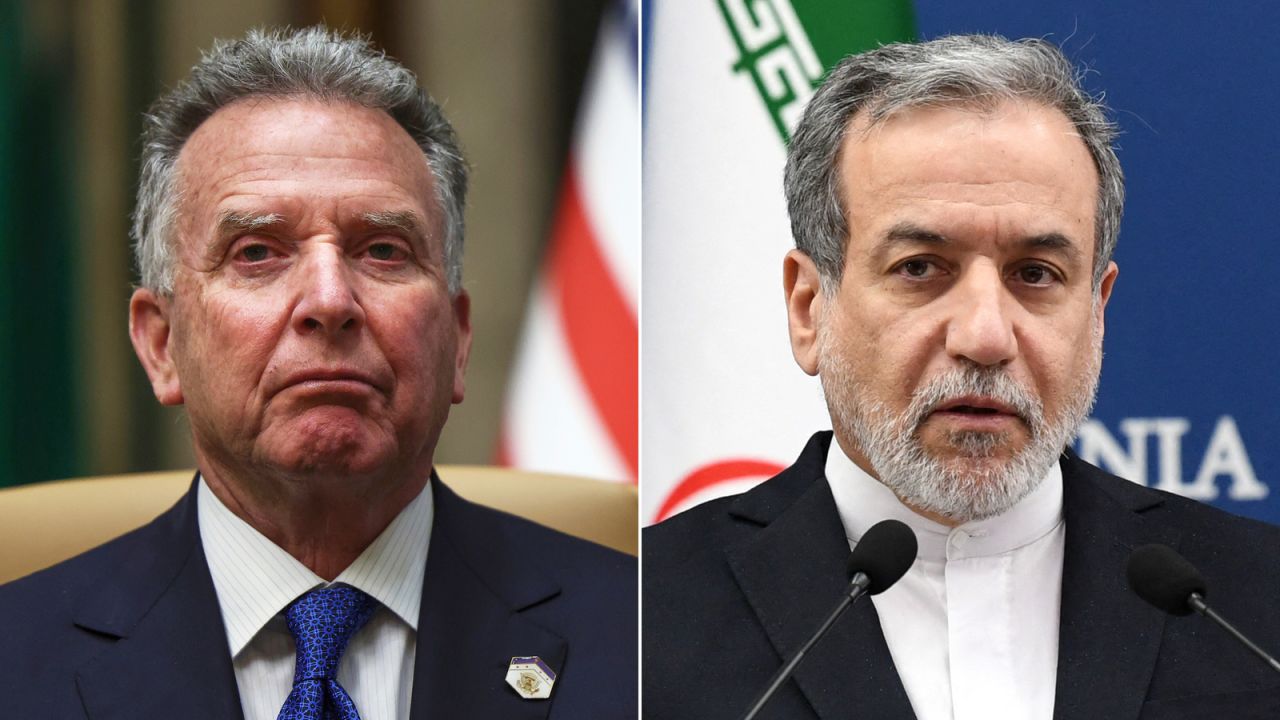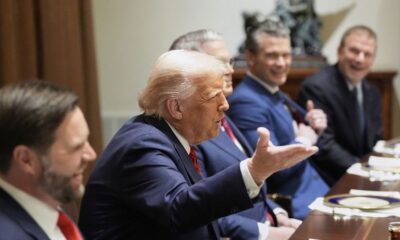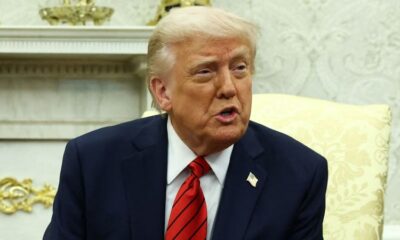CNN
—
Police have arrested two people suspected of breeding and selling exotic cats in Spain.
Officers detained the pair at a property in Manacor, on the island of Majorca, after finding 19 exotic cats including a desert lynx and two servals, according to a statement from the Guardia Civil on Monday.
“The detainees sold different animal species such as white tigers, black leopards, hyenas and pumas to different parts of the world via the internet,” police said.
Investigators seized extensive documentation as well as more than 40 animal passports from Russia, Belarus and China, as well as two computers, three cellphones and two pen drives, according to the statement.
“The operation has uncovered a global criminal organization which included breeders, traffickers and veterinarians,” it added.
The investigation started in March when the nature protection service (Seprona) received reports that a couple were breeding exotic cats at a property in Majorca before selling them online.
Authorities said that the couple had an “extremely active” presence on social media and that the breeding operation in Majorca was just “the tip of the iceberg.”
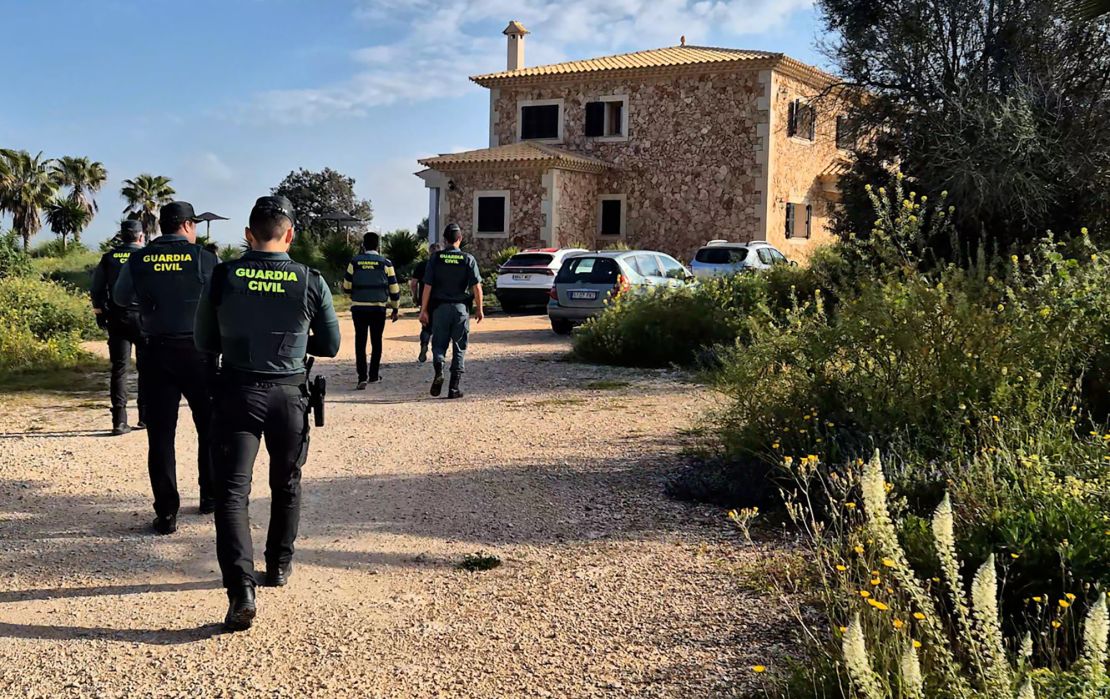
The couple are accused of being part of an international wildlife trafficking network that saw the majority of animals being smuggled into the European Union from Russia, Belarus and Ukraine via the Poland-Belarus border, according to the Guardia Civil.
Species offered for sale included a clouded leopard with an asking price of 60,000 euros ($68,000), police said.
The seized animals, which included 16 mixed breeds, have been temporarily placed at the Safari Zoo de Son Servera in Majorca.
They will later be permanently rehomed in Alicante, mainland Spain.
These species require lots of space and can also be dangerous to humans, the Guardia Civil said.
As a result, traffickers have started trying to breed species such as desert lynx with domestic cats in order to produce exclusive but less dangerous animals, added the statement.
All of the seized animals are protected by the Convention on International Trade in Endangered Species of Wild Fauna and Flora (CITES), an international agreement for the protection of certain species.
The couple are accused of wildlife crimes, smuggling, falsifying documents and criminal conspiracy.
According to the International Fund for Animal Welfare (IFAW), the European Union is thought to be the third largest destination for illegal wildlife as well as “a crucial transit hub for illegal wildlife trade.”


